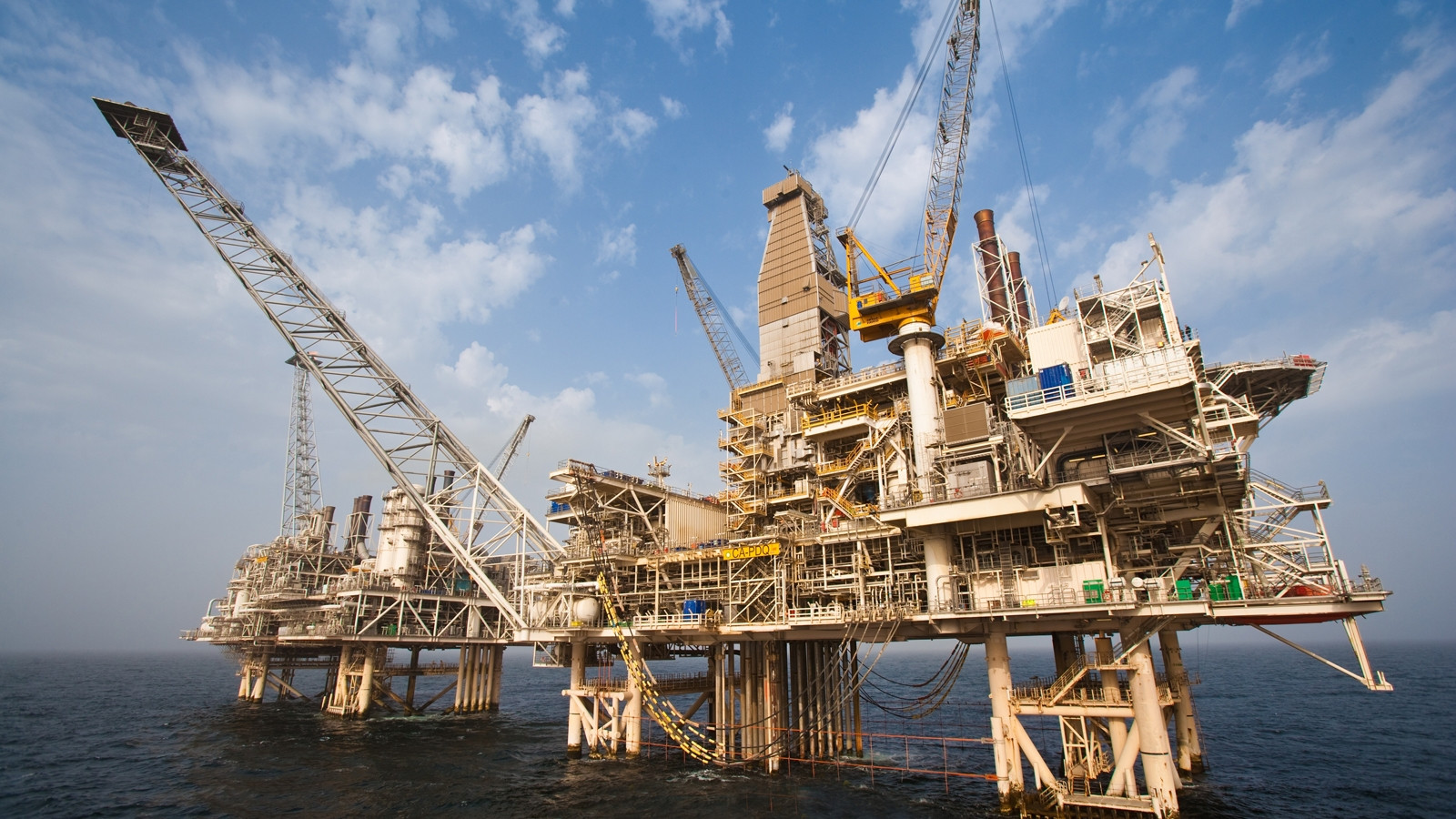The governments of Azerbaijan and Turkmenistan have signed a Memorandum of Understanding on the joint exploration and development of hydrocarbon resources of the "Dostlug" field in the Caspian Sea.
In a video conference on January 21, Azerbaijani President Ilham Aliyev and his Turkmen counterpart Gurbanguly Berdimuhamedov witnessed the signing of the memorandum of understanding between the two governments, and also discussed the expansion of energy and transport cooperation, Azerbaijan’s state news agency Azertag reported.
Azerbaijani Minister of Foreign Affairs Jeyhun Bayramov who was on an official visit to Turkmenistan, signed the memorandum of understanding on joint exploration and development of hydrocarbon resources of the “Dostlug”, or "friendship", field in the Caspian Sea during a meeting with the Deputy Chairman of the Cabinet of Ministers and Minister of Foreign Affairs of Turkmenistan Rashid Meredov.
The field was previously named Kapaz by Azerbaijan and Serdar by Turkmenistan. After the collapse of the Soviet Union, the two countries were at odds over the ownership of the undersea field. In 1997, Turkmenistan announced tenders for the development of the Kapaz field which they claim is in the Turkmen sector of the Caspian Sea, while the State Oil Company of the Azerbaijan Republic (SOCAR) said in an official statement that the Kapaz field is located in the Azerbaijani sector of the Caspian Sea and Turkmenistan has no legal basis for offering such a tender.
The field was discovered by Azerbaijan in 1959 and an exploration drilling was commenced in 1986. Due to the controversy of ownership rights, the two sides left the field undeveloped for years. Under the agreement reached between Baku and Ashgabat in 2008, the sides agreed to suspend any exploration work at the field until all issues involving the field are resolved. Experts estimate reserves of the field at 50-100 million tons of oil and over 30 billion cubic meters of gas.
“It is a truly significant event in our countries and peoples' lives. It is aimed at strengthening our friendship and cooperation” the Turkmen President Gurbanguly Berdimuhamedov said after the signing.
“This document opens a fundamentally new stage of the partnership between Turkmenistan and Azerbaijan in the strategic direction – the energy sector. For this, we have everything we need – political will, a high level of technical and technological equipment, highly qualified personnel and vast experience in the oil and gas industry," he added.
“Foreign companies confidently invest large amounts in both Turkmenistan and Azerbaijan because they are confident that their funds will be protected. They are confident of our countries' political stability, which is also the most important factor in development today," Azerbaijani President Ilham Aliyev said.
Turkmenistan may in the future link its gas pipelines to the Southern Gas Corridor, a mega-pipeline that will bring Caspian region gas to Europe via Azerbaijan, Georgia, Turkey, Greece, Albania and Italy. The 300-kilometer-long subsea Trans-Caspian Gas Pipeline would deliver natural gas from Turkmenistan and Kazakhstan to Europe by linking to the Southern Gas Corridor’s starting point in Baku, Azerbaijan.
The unresolved status of the Caspian Sea, a legacy of the breakup of the Soviet Union, erased any hopes of launching the Trans-Caspian Gas Pipeline project. In 2018, the leaders of Azerbaijan, Iran, Kazakhstan, Russia and Turkmenistan signed a Convention on the Legal Status of the Caspian Sea. However, Russia and Iran are opposed to any trans-Caspian pipelines to transport oil and gas across the Caspian Sea, claiming ecological reasons.
On January 19, Azerbaijan, Turkmenistan and Afghanistan signed a roadmap for expanding and intensifying cooperation in the spheres as trade and investments, energy, transport and logistics, telecommunications and information technologies, customs and border issues.
It was signed during a video conference among Deputy Prime Minister of Azerbaijan Shahin Mustafayev, acting Chairman of the Central Bank of Afghanistan Ajmal Ahmadi and Deputy Prime Minister of Turkmenistan Bayramgeldi Ovezov.
The signing of the roadmap followed a trilateral online meeting of the heads of the interagency group of Turkmenistan, Azerbaijan and Afghanistan. The group has been established to enhance the opportunities of the Lapis Lazuli corridor through cooperation in the field of transport and communications. The Lapis Lazuli Route Transport and Transit Agreement between Afghanistan, Turkmenistan, Azerbaijan, Georgia and Turkey was signed in November 2017, and the main objective of the corridor is to increase economic integration within the region.







 Russian Foreign Minister Sergei Lavrov has reasserted that Moscow has no intentions to stop the fighting in Ukraine, even if peace talks commence.
Russian Foreign Minister Sergei Lavrov has reasserted that Moscow has no intentions to stop the fighting in Ukraine, even if peace talks commence.
 Iran has refuted reports of alleged damage to Shimon Peres Negev Nuclear Research Centre located southeast of Dimona, Israel, during the recent air...
Iran has refuted reports of alleged damage to Shimon Peres Negev Nuclear Research Centre located southeast of Dimona, Israel, during the recent air...
 Iran and Pakistan have signed eight cooperation documents in various fields, and agreed to strengthen ties to fight terrorism in the region.
Iran and Pakistan have signed eight cooperation documents in various fields, and agreed to strengthen ties to fight terrorism in the region.



